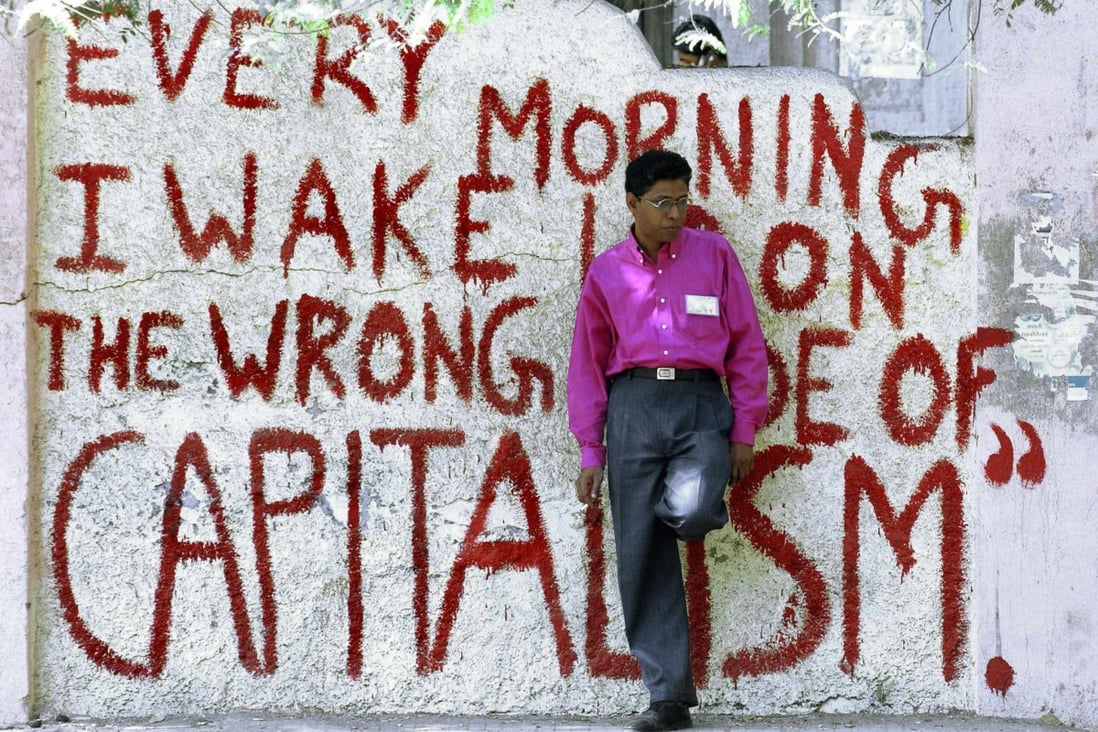Michael A. Lebowitz
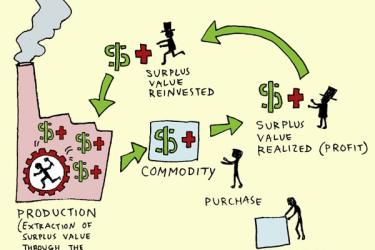
Michael Lebowitz: What every child should know about Marx’s theory of value

Completing Marx’s Project: An Interview with Michael A. Lebowitz
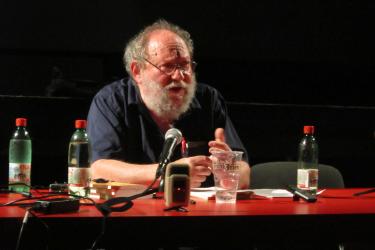
The state and the future of socialism
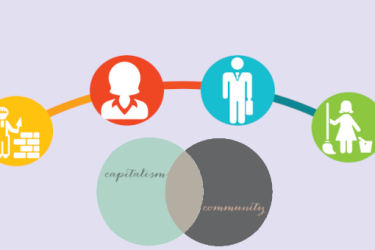
Capitalism and community: The tragedy of atomism
Slave or protagonist? The worker in 'Capital'
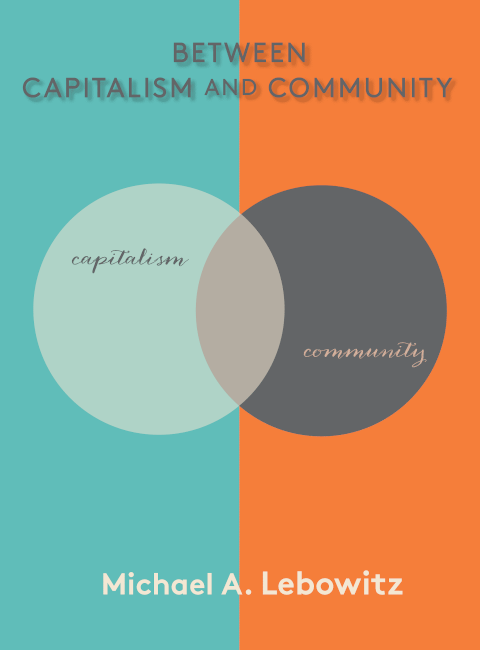
By Michael A. Lebowitz
The responsibility of revolutionary intellectuals in building socialism

By Michael A. Lebowitz
March 13, 2021 — Links International Journal of Socialist Renewal reposted from Socialist Project — When we talk about intellectuals, we have to recognize, of course, that there are many varieties of intellectual. So, let me be specific. I’m not talking about traditional intellectuals nor about academics. I am talking about intellectuals who are committed to building socialism. Further, my comments are not directed specifically about Venezuelan intellectuals – that would be inappropriate for me as a visitor. So, my comments are general rather than specific to Venezuela.
Popular protagonism in Venezuela’s transition to socialism: A conversation with Michael Lebowitz

By Cira Pascual Marquina
July 12, 2020 — Links International Journal of Socialist Renewal reposted from Venezuela Analysis — Michael Lebowitz is a professor of political economy, researcher, and prolific writer. He is the author of Beyond Capital: Marx's Political Economy of the Working Class (1992), The Socialist Imperative: From Gotha to Now (2015), and the upcoming Between Capitalism and Community (2021). From 2006 to 2011, Lebowitz was Development Director in the Program in Transformative Practice and Human Development at the Centro Internacional Miranda, in Caracas. In this interview, he explores the importance of participation and democracy in the construction of socialism, while reflecting on the internal contradictions of the Bolivarian Process.
Hats and men: Marx's faulty symmetry

What is socialism for the twenty-first century?


